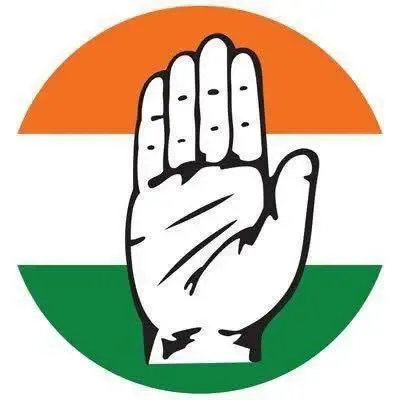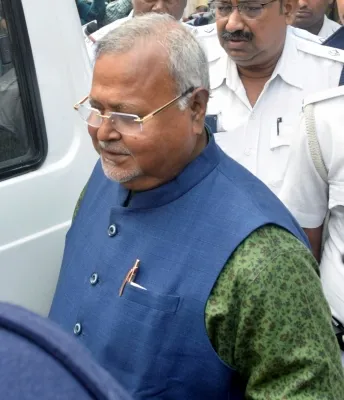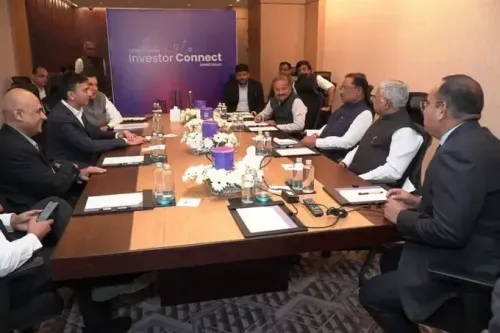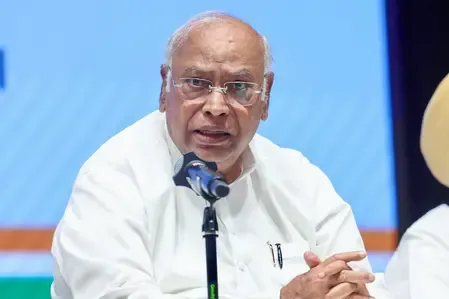CM Yogi Declares Glorifying Invaders as Treason Amid Aurangzeb Controversy
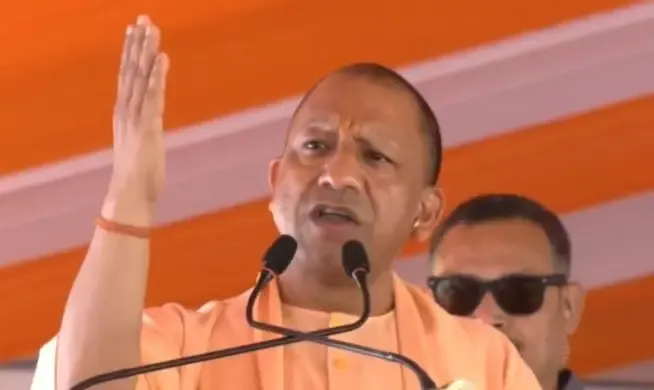
Synopsis
Key Takeaways
- Yogi Adityanath labels glorifying invaders as treason.
- The Aurangzeb tomb removal has sparked controversy.
- Neja Mela cancellation reflects changing traditions.
- Emphasis on respecting India's cultural icons.
- Maharaja Suhel Dev's legacy highlighted in the speech.
Bahraich, March 20 (NationPress) The Chief Minister of Uttar Pradesh, Yogi Adityanath, stated on Thursday that endorsing or “glorifying invaders” who attacked India’s cultural heritage and its people would be regarded as an act of “treason.”
This declaration is made in light of the current disputes surrounding the dismantling of the Mughal emperor Aurangzeb’s tomb located in Maharashtra's Chhatrapati Sambhajinagar and the decision to discontinue the Neja Mela, which was historically celebrated in honor of Masud Ghazi, the nephew of the invader Mahmud Ghaznavi.
While addressing a gathering in Bahraich, CM Yogi emphasized that every Indian should honor the nation’s great figures and refrain from glorifying invaders.
“Every citizen of India should possess a profound respect for our nation’s great men, and under no circumstances should any invader be celebrated,” he remarked.
“To glorify an invader is to fortify the foundations of treason. A sovereign India will never accept any traitor who disrespects our esteemed figures while lauding those who aimed to undermine India’s Sanatan culture, dishonored our daughters, and attacked our beliefs. This new India will not bear this,” he asserted.
The Chief Minister also honored Maharaja Suhel Dev, the ruler of Shravasti, renowned for defeating and slaying the Ghaznavid general Ghazi Miyan in Bahraich in 1034.
“This is the same historic locale where Maharaja Suhel Dev played a vital role in securing India’s victory by vanquishing a foreign invader. His courage and valor were so extraordinary that for the subsequent 150 years, no foreign invader dared to invade India,” he added.
CM Yogi’s comments follow a significant outbreak of violence in Nagpur, Maharashtra, on March 17, wherein at least 30 individuals, including police and fire brigade personnel, were injured due to arson, vandalism, and stone-pelting.
The unrest arose as members of the Vishwa Hindu Parishad (VHP) and Bajrang Dal heightened their demands for the removal of Aurangzeb’s tomb in Chhatrapati Sambhajinagar.
In the meantime, the traditional Neja Mela in Sambhal, which was celebrated annually, was not conducted this year.
The authorities indicated that the festival was founded on a “wrong” tradition and should be abolished. Officials clarified that they would not permit events honoring figures tied to invasions and devastation.

